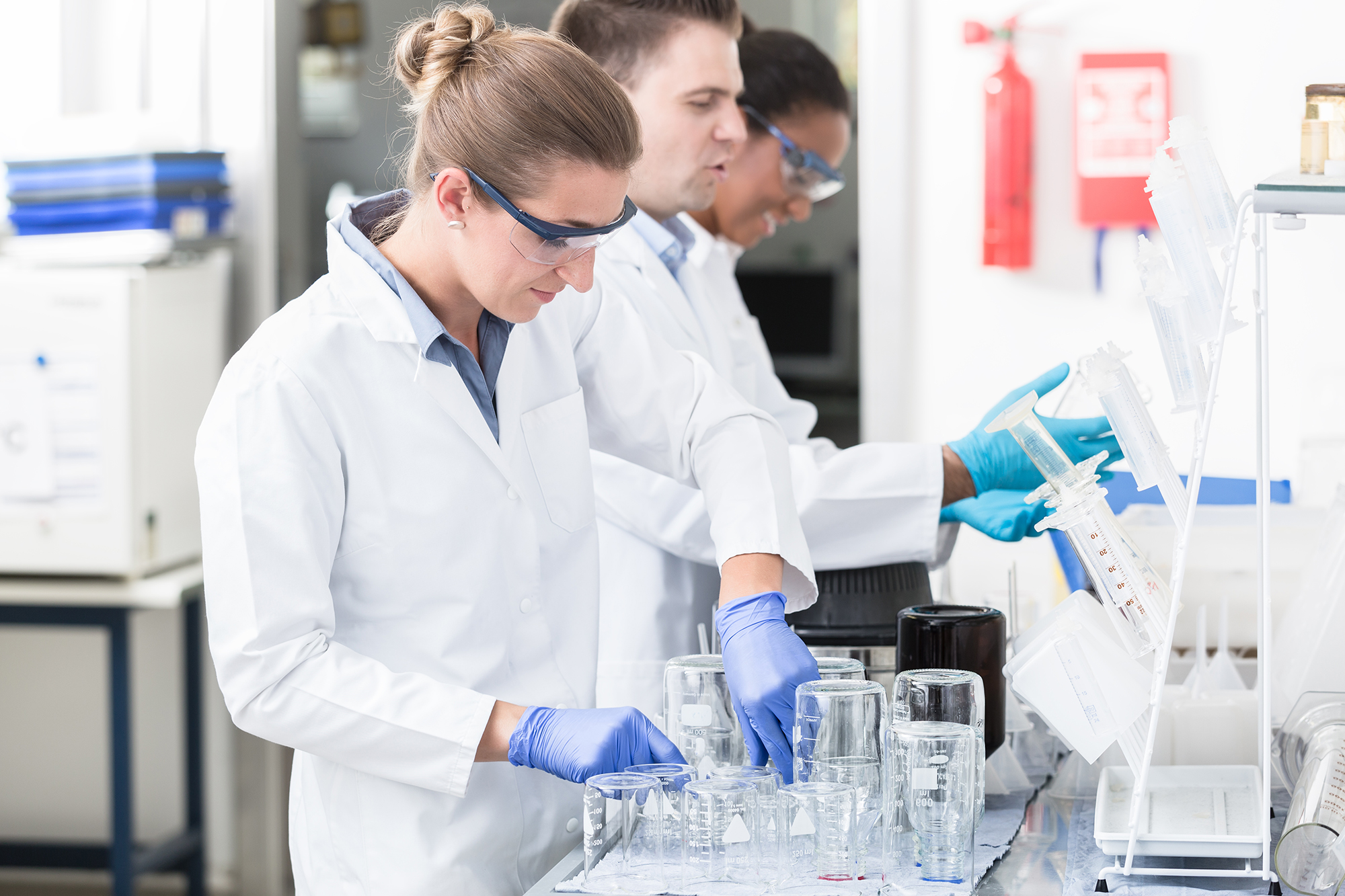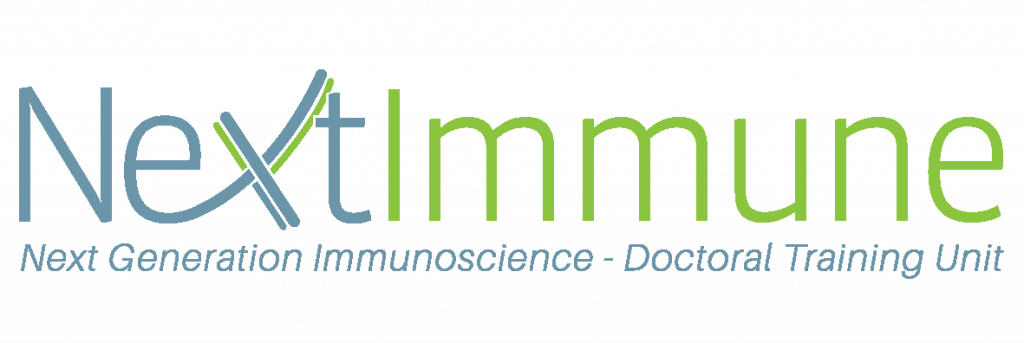
NextImmune2: Overview
NextImmune2 Doctoral Training Unit. Next generation Immunology research
Veuillez noter que le contenu n’est disponible qu’en anglais.
Background
Building on our first NextImmune doctoral training unit (DTU), we propose to continue with this multidisciplinary training program for PhD candidates in immunology research in Luxembourg. NextImmune2 takes advantage of the network and expertise generated in NextImmune, which was built on the path leading from big data to personalized medicine and focuses on open questions in the immunology field. Educating PhD candidates in classical analytical approaches and bioinformatics is still the main need in biomedical research.
Immunology research has always been at the crossroads of biomedical research, providing both crucial information on basic biological processes and on clinical application. Scientific research in immunology has concentrated on individual hypothesis-driven components and pathways in the last decades. These approaches have yielded enormous knowledge in basic, translational and clinical immunology. Nevertheless, we have to identify the relation, interconnectivity and relative contribution of the pathways that initiate and control the immune response, as well as the different-level networks that are responsible for proper function and regulation of the numerous players of the immune response.
This research program focuses on two aspects of immune regulation that may broaden our global understanding of the body’s immune response. Immunometabolism and systems immunology approaches can be applied to different models of disease states, leading to a truly holistic understanding of immunology on the cell, organ and organism level (see Fig.). Based on an iterative process of quantitative data sampling, computational modeling and experimental validation of proposed hypotheses, systems biomedicine-related approaches have the potential to not only unravel previously unrecognized pathogenic mechanisms but also to transform our understanding of the complexity of the immune system and its perturbations that lead to immune dysfunction and disease. Our understanding of these processes has increasingly benefited from the significant advancement of multiple high-throughput technologies (“Omics”) in the recent years. However, as a result of this development, immunological research is facing new challenges, such as ever growing sets of “big data” that need to be handled. The combination of information science and hypothesis-driven research is the most promising approach that will culminate in the development of innovative solutions for personalized medicine.

Objectives
This DTU program will investigate different human diseases and disease models to study immune-metabolic crosstalk and understand how communication networks orchestrate and coordinate responses to environmental cues or immunological challenges. Multidisciplinary research teams will be required for building accurate disease models and allowing effective personalized prevention, diagnosis and treatment strategies. The different projects can rely on the existing expertise of the host institutions and on collaborations established in previous DTUs. In addition, we will build new expertise in two innovative strategic research areas: immunometabolism and systems immunology. This will result in high-level interdisciplinary training of PhD candidates, linking big data analysis with improved diagnostics and ultimately personalized options for intervention. Future researchers have to learn how to use these datasets to tailor information to the needs of their innovative projects. This is especially important for research on such a multi-cellular and molecular network as the immune system, which when dysregulated, can cause a plethora of devastating disorders.
PhD training and research environment
NextImmune2 will host research groups with strong critical mass in immunity in health and disease from the Department of Infection and Immunity (DII) of the Luxembourg Institute of Health (LIH) and the Luxembourg Centre of Systems Biomedicine (LCSB) as well as the Department of Life Sciences and Medicine (DLSM) of the University of Luxembourg (UL), an overall structure which will serve as a catalyst for the development of novel diagnostic and therapeutic approaches for severe human immune-mediated diseases.
Funding
NextImmune2 is funded over a period of 6.5 years by the Luxembourg National Research Fund (FNR) through the competitive PRIDE program and, in addition, through intramural funds from the Luxembourg Ministry of Higher Education and Research (MESR).


discover nextimmune2
contact
For any question related to the NextImmune2 DTU, please contact :
Prof Dirk Brenner
Funded by

our open positions
Please visit our LIH Jobs Portal to apply.
☛ Read more about our first NextImmune doctoral training unit (DTU):

